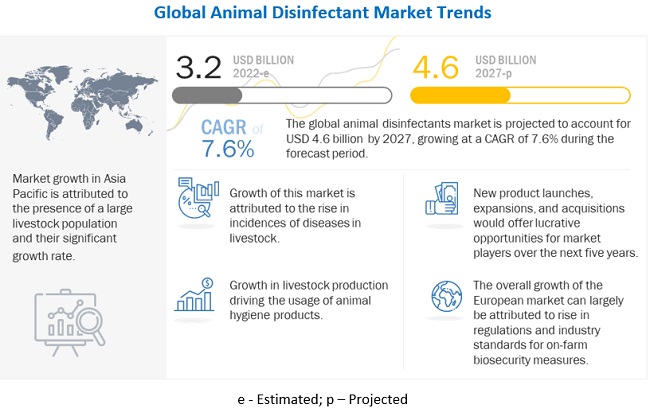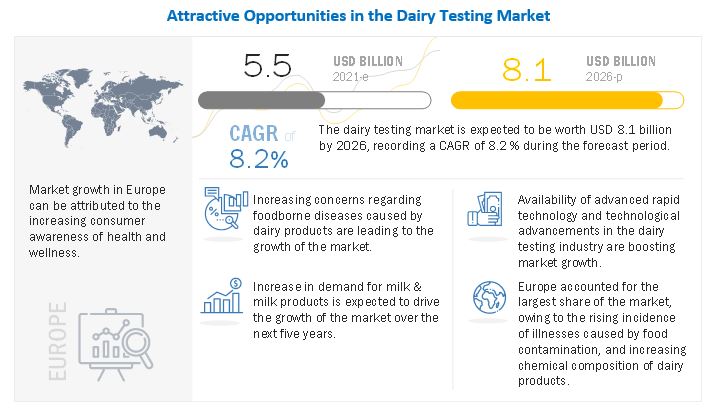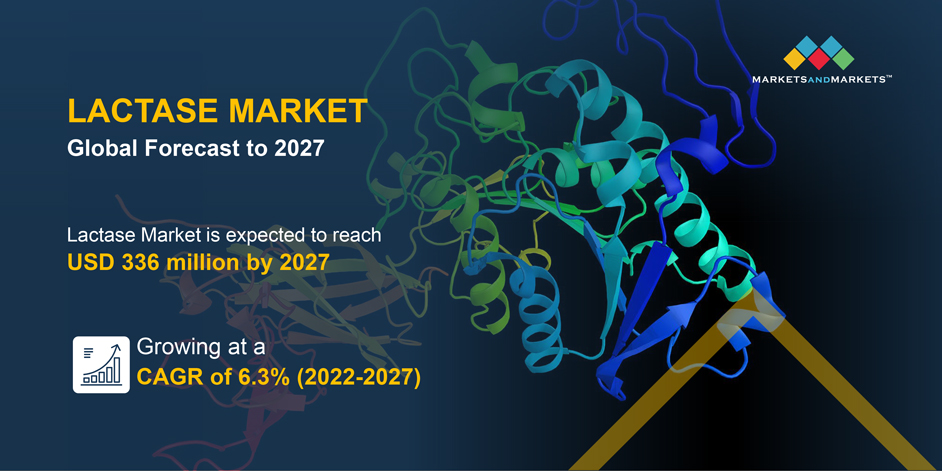The report "Biological Seed Treatment Market by Type (Microbials and Botanicals), Crop (Corn, Wheat, Soybean, Cotton, Sunflower, and Vegetable Crops), Function (Seed Protection and Seed Enhancement), and Region - Global Forecast to 2025", is projected to reach USD 1.7 billion by 2025, at a CAGR of 11.9% during the forecast period.
Download PDF Brochure @ https://www.marketsandmarkets.com/pdfdownloadNew.asp?id=162422288
The global demand for biological seed treatment solutions is increasing as they ensure the farmers in protecting their potential yield, quality by minimizing the crop losses. Although, the biological seed treatment market is a small sector in the global agrochemical industry, the market has been growing at a significant rate due to agricultural and environmental benefits globally and increasing need for a sustainable approach in agricultural operations in developed countries. Strong research funding by key manufacturers for product development is projected to drive the growth of the market over the next five years.
The Microbial segment is projected to be the largest and fastest growing type of biological seed treatment market during the review period, in terms of value.
The biological seed treatment is categorized into two types namely microbial and botanicals. The microbial segment accounted for the largest share in the global biological seed treatment market due to the higher demand for biofungicides and bioinsecticides. These microbial seed treatments is carried out by beneficial microorganisms which can reduce the fertilizer and pesticide applications and increases the yields, with economical price.
By crop, the corn segment accounted for the largest market share in the biological seed treatment market, in terms of value.
Among various crop types, the corn segment accounted for the largest market share due to the risen production of corn globally and this crop is considered to be the most popular cereal type due to its wide range of applications as feed, food, and industrial feedstock. Also, the corn crop is vulnerable to many infections by plant pathogens throughout the growing season and thus has much wider requirement for biological seed treatment methods.
By function, the seed enhancement segment is projected to dominate in the biological seed treatment market during the forecast period, both in terms of value and volume.
The biological seed treatment functionalities comprised of seed enhancement and seed protection. The seed enhancement segment is projected to dominate constituting major share in the biological seed treatment market during the forecast period, both in terms of value and volume. This is due to the high growth potential conferring greater resistance to pests and diseases in seeds and improve the seed potency and modify seed emergence capabilities. In this segment, the biofertilizers are applied as coatings on seeds which could be of powder and granular formulations. The biostimulants have diverse formulations of microorganisms, plant extracts which are applied to the seeds for improving crop yield, with quality.
Make an Inquiry @
https://www.marketsandmarkets.com/Enquiry_Before_BuyingNew.asp?id=162422288
North American region accounted for largest share in biological seed treatment market, in terms of value.
The global biological seed treatment market was dominated by North America, followed by Europe, APAC and South American regions. This is due to the countries in North America are set to rapid adoption of modern agricultural technologies and increase in the ban of certain chemical formulations inorder to develop a sustainable approach to diminish the environmental risks caused by pesticides usage.
Key market players:
The key players in this market include BASF SE (Germany), Bayer AG (Germany), Novozymes A/S (Denmark), Syngenta Group (Switzerland), Corteva Agriscience (US), Valent BioSciences (US), Verdesian Life Sciences (US), Koppert Biological Systems (Netherlands). These leading companies adopted various strategies, such as new product launches, acquisitions, expansions & investments, and mergers and to sustain in the competitive market, acquisitions formed the key strategy adopted by the players in the biological seed treatment market.


